Meet farmers Miguel and his son Miguel Ángel. Wanting to convince his father of the benefits of switching away from traditional farming practices, Miguel Ángel began using ecological practices on a small patch of their land.
When Miguel saw that their almond trees became healthier as a result, he was convinced. Ever since, he has cut down on chemical fertilisers and no longer over-ploughs his lands, but rather allows shrubs and grass to grow alongside his almond trees.
Switching to ecological agriculture practices was not easy for Miguel. Not only did he have to invest money into new technology; without the help of pesticides, keeping his crops alive took intensive labour and dedication.
Some neighbouring farmers still mock him. To them, arable land that isn’t regularly weeded is the product of a lazy farmer.
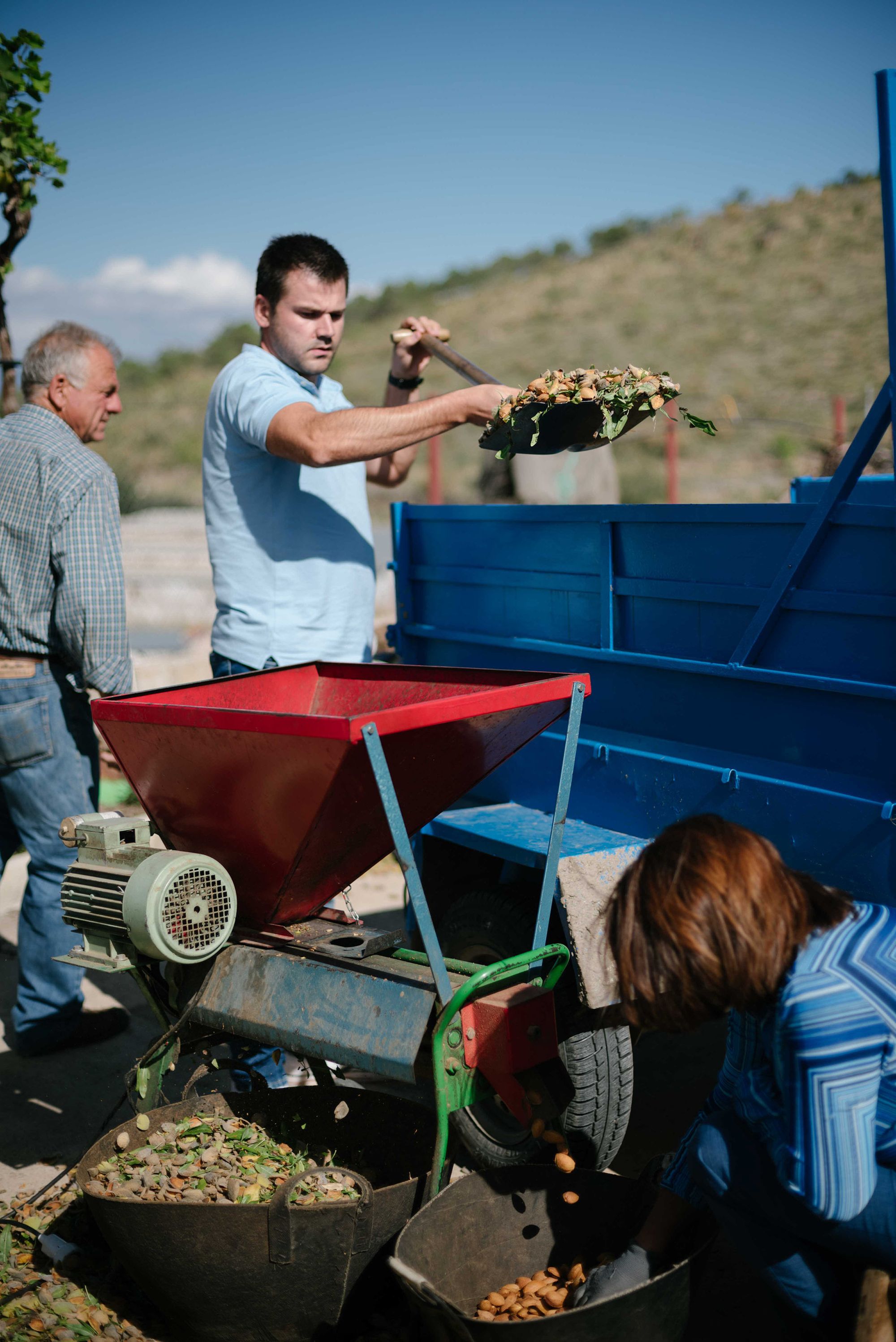
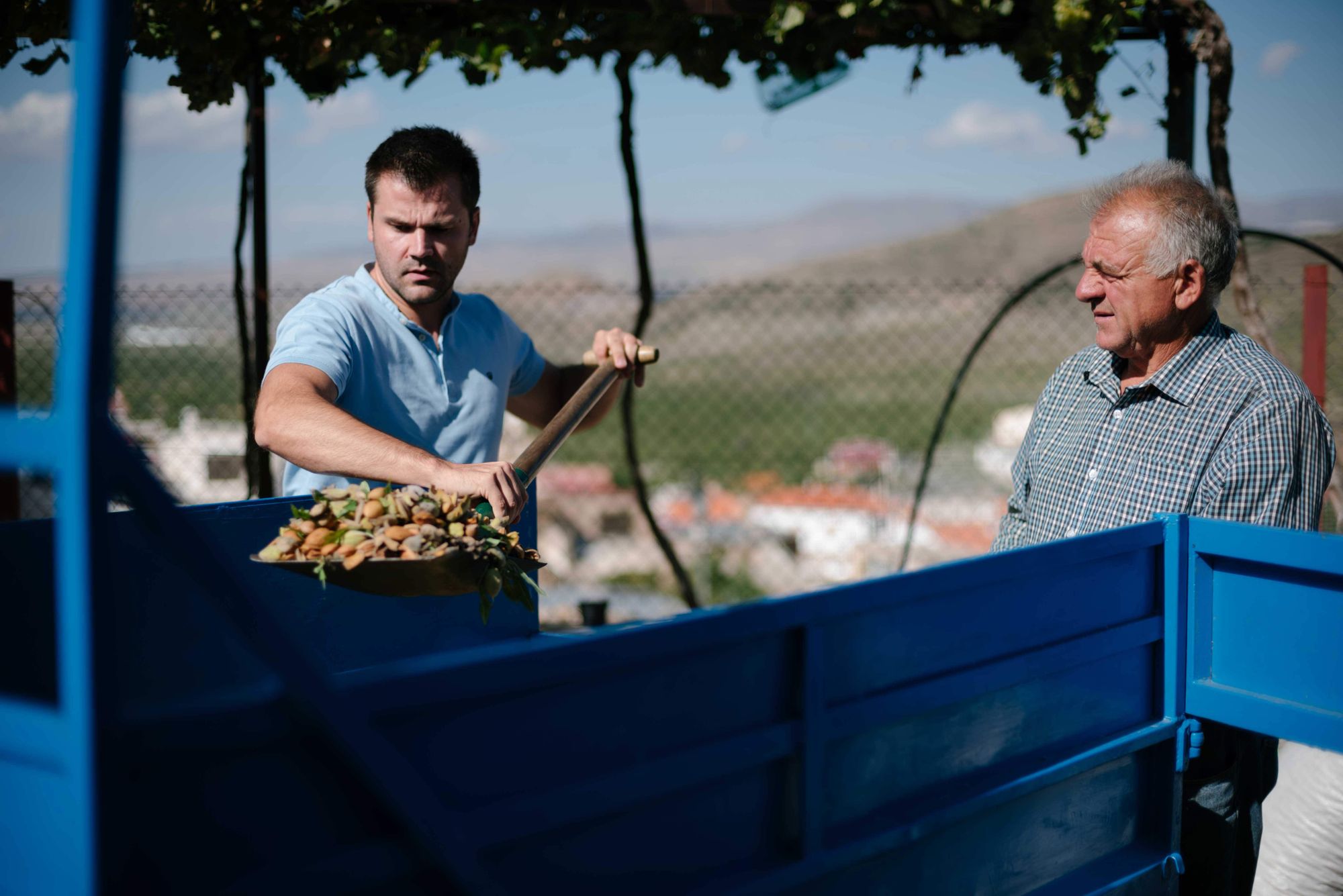
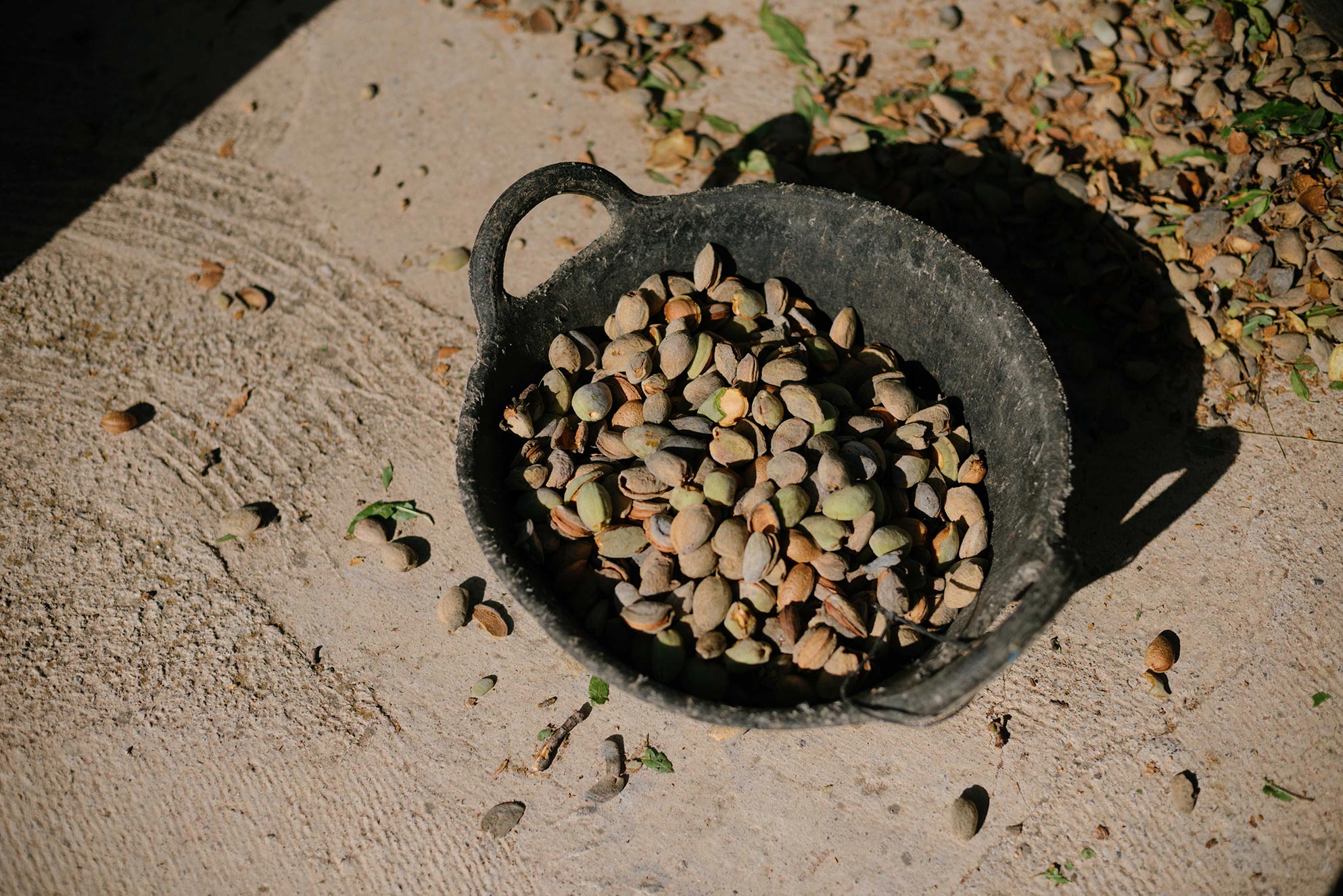
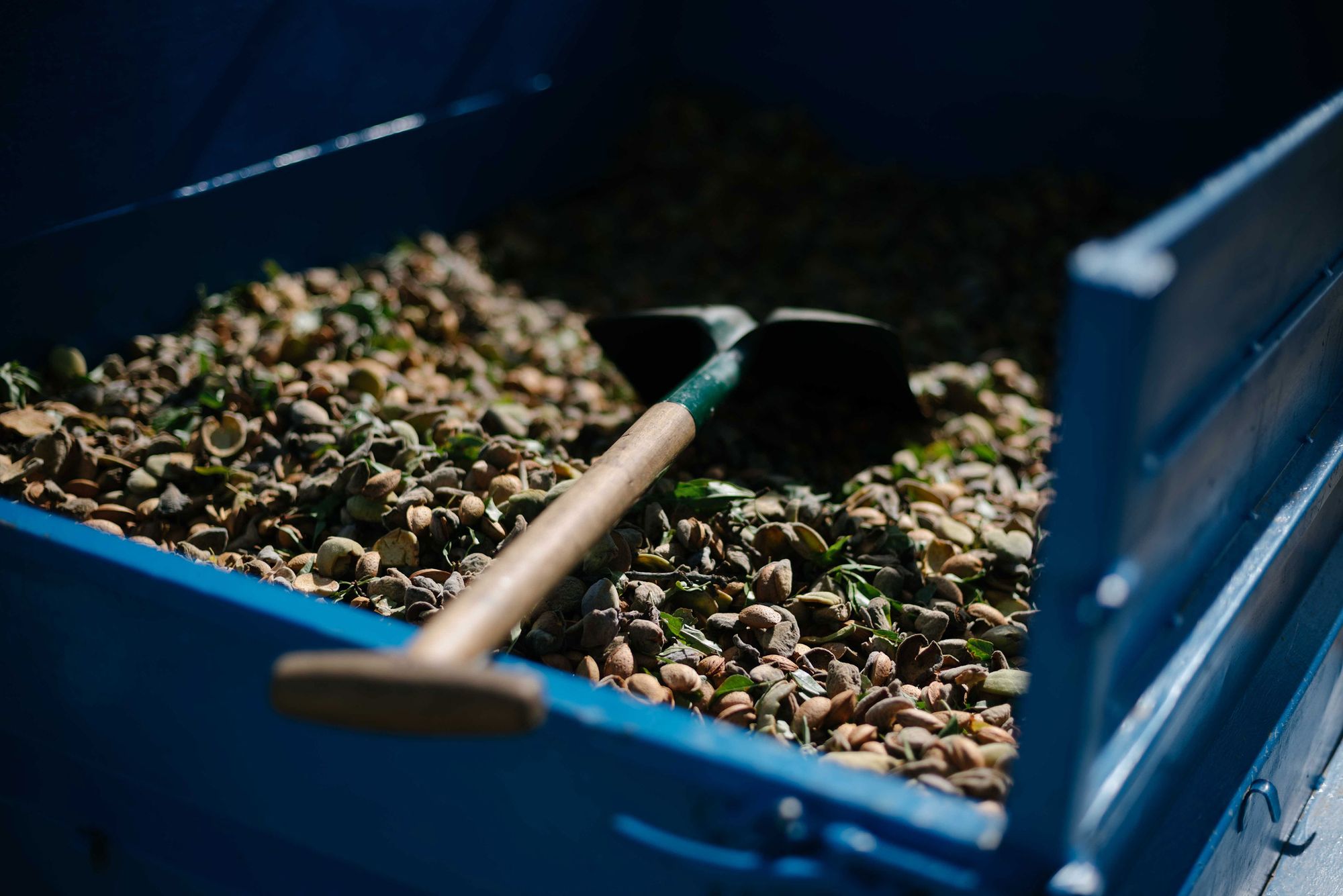
Can farming make space for nature?
But letting grass and trees grow on one’s field is precisely one of the most important principles of sustainable agriculture. Clear the land to make space for a monoculture, and you rob the soil of its most important protection against the wind and the sun; you rob it of the biodiversity that keeps the soil moist, healthy, and able to host the very bacteria that make your crop nutritious.
Miguel and his son are not alone in their struggle to apply regenerative farming practices. As things stand, the farming industry favours big, industrial agribusiness. And that’s despite its detrimental effects on the environment and its contribution to about 20% of worldwide greenhouse gas emissions.
Why industrial agriculture harms the environment
Today, countries like Spain are fighting desertification, which is already pushing young people to leave the countryside and rendering its soils unfertile. This is a particularly worrying trend in a country that produces about 12% of Europe’s fruits and vegetables.
Similarly to other Western nations, subsidies form the European Union – regulated by its Common Agricultural Policy – are coupled to farmers’ ability to produce as much as possible, as efficiently as possible – even if that means clearing their lands and over-ploughing them.
Subsidies for regenerative practices are less generous, leaving farmers like Miguel with few options. That’s what his son, Miguel Ángel, has set out to change.
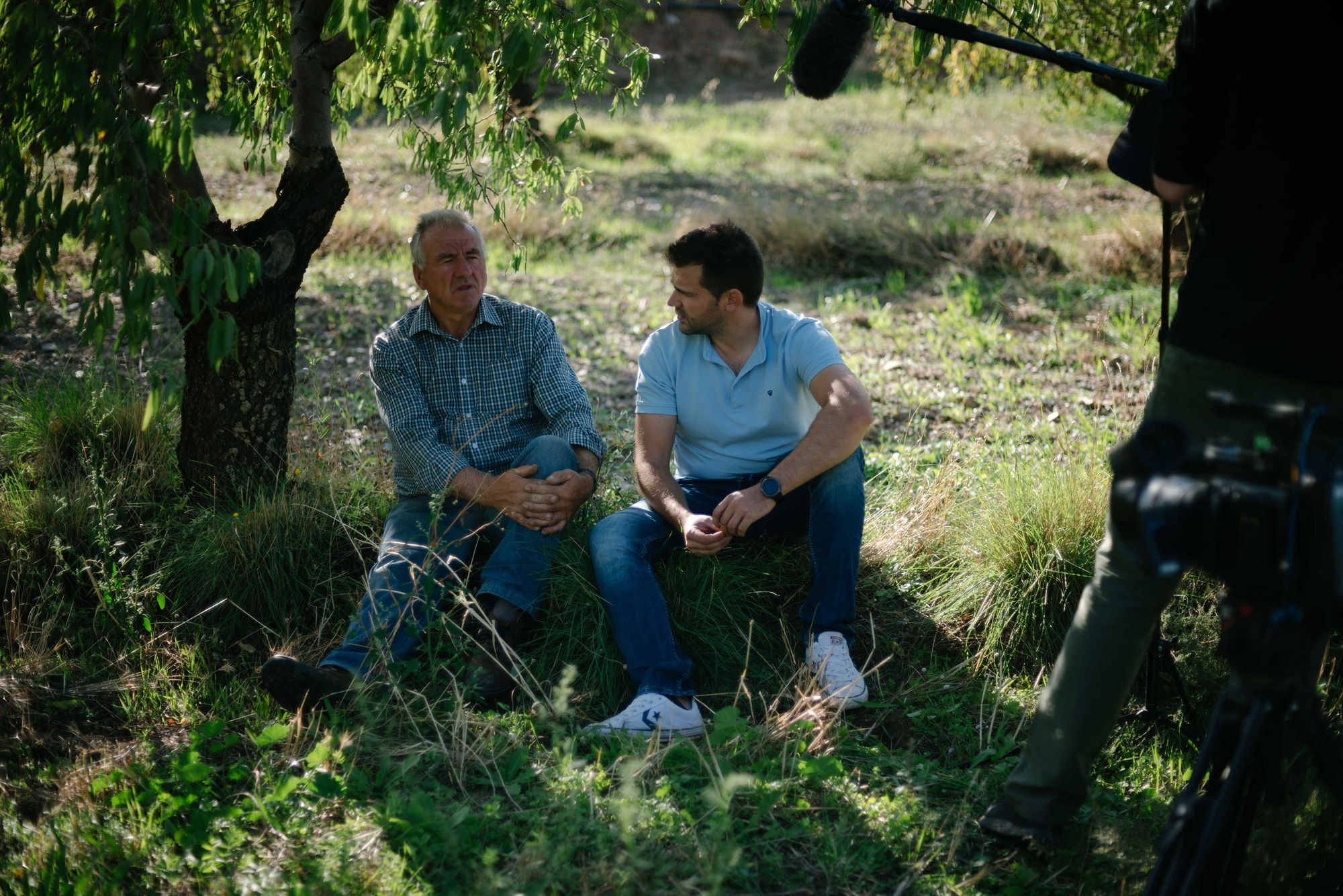
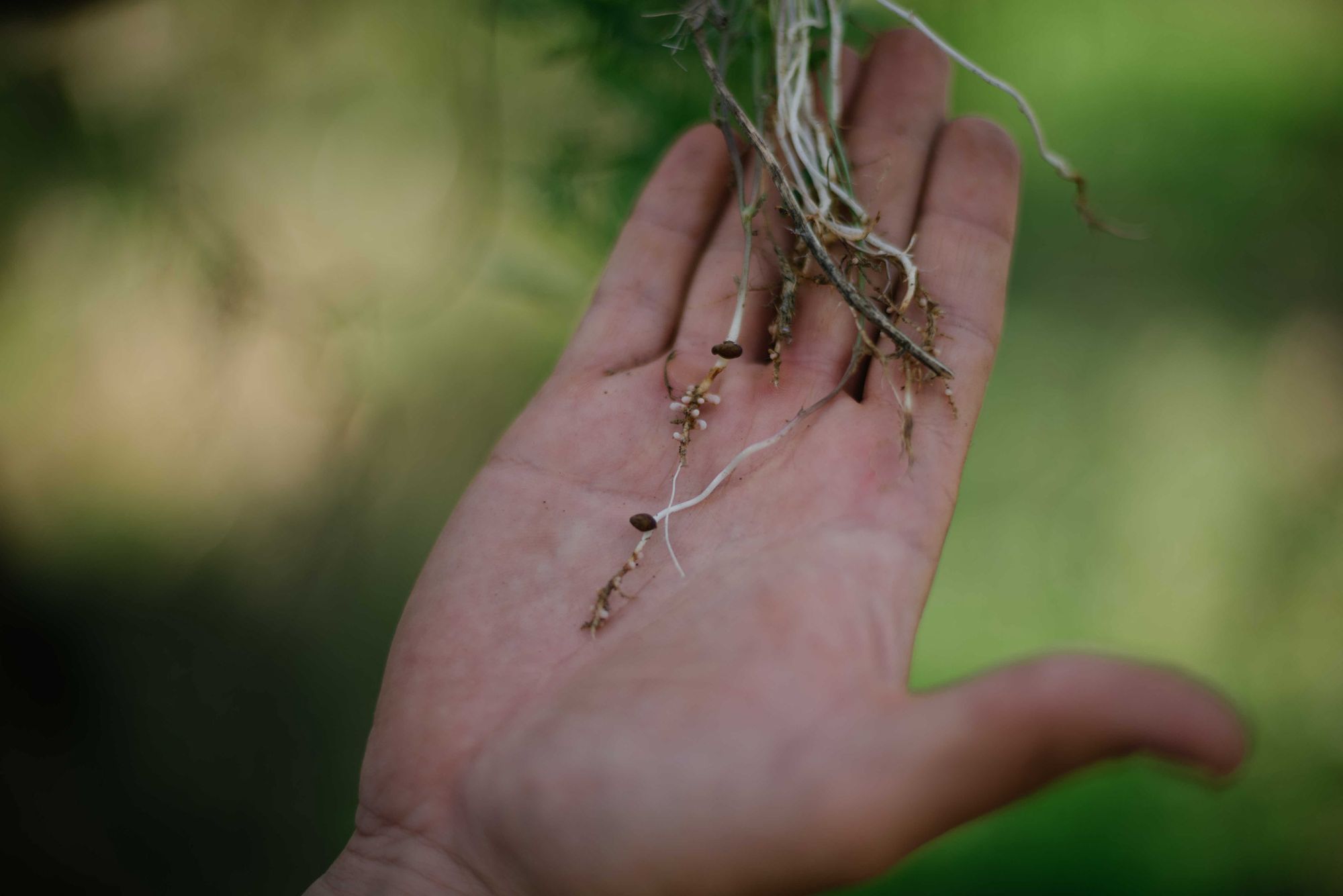
Along with other farmers in the region, Miguel Ángel co-founded Alvelal, a farmers’ cooperative and Ecosia’s tree-planting partner in Spain.
Watch the video to see the full story of how a young farmer who learned everything from his father is now helping him restore their land, and our planet.
